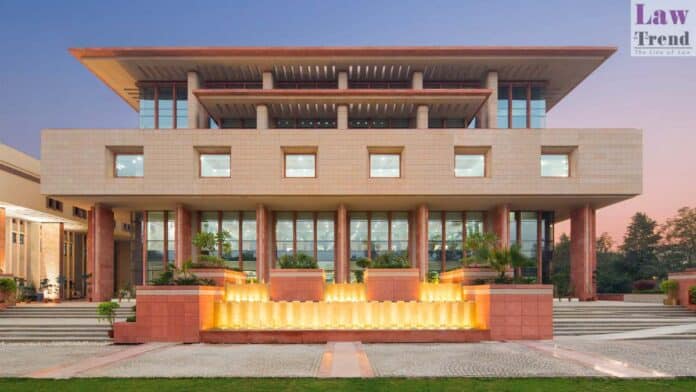The Delhi High Court has rescinded the Centre’s decision to blacklist several Haj Group Organizers (HGOs) for alleged breaches of the Haj Policy, 2023, citing vague notifications and a violation of natural justice principles. Justice Sanjeev Narua ruled on more than 15 pleas from the affected organizers, emphasizing that the show cause notices they received were not sufficiently specific, rendering the subsequent blacklisting orders unsustainable legally.
In 2022, the Ministry of Minority Affairs blacklisted the petitioners, prohibiting them from registering as HGOs for durations ranging from five to fifteen years, starting from Haj 2024. The ministry also ordered the forfeiture of their security deposits following accusations of cartelization and black marketing of HGO seats.
The court noted that while the blacklisting orders detailed specific provisions of the Haj Policy allegedly violated by the petitioners, the preliminary show cause notices failed to specify these violations. “The petitioners were denied a fair opportunity to defend themselves against such severe punitive measures,” Justice Narua stated in his September 18 order.
The High Court has set aside all orders concerning the blacklisting and directed the ministry to issue new, detailed show cause notices within one week. These notices must clearly outline the alleged violations and proposed actions. The authorities are then expected to render a new decision within ten days after reviewing the organizers’ responses.
Justice Narua also ordered that the petitioners, now eligible to apply for Haj 2025, should have their applications scrutinized according to the law. However, the allocation of seats will only proceed after the fresh show cause notices are addressed. Additionally, the security deposits submitted by the petitioners for Haj 2023 will be rolled over to Haj 2025, contingent upon the payment of any increased deposit amounts.
The Centre defended the blacklisting as necessary to protect public interest and ensure the integrity of the Haj pilgrimage process. However, the court stressed that adherence to the principles of natural justice requires that notices of potential blacklisting or debarment explicitly mention these possibilities and provide a clear opportunity for a response. The court found that the notices issued fell short of these legal requirements, often leading to what it described as the “civil death” of an organization.




